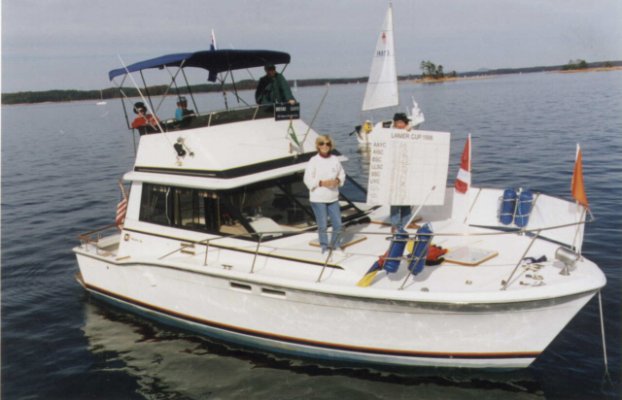menzies
Guru
My interpretation of the coast guard regulations does not require holding tank valves to be locked with in the 3 mile limit. Y valves yes and type 1 or type 2 pass through treatment tanks need to be secured if in a no discharge zone. Type 3 holding tanks are not pass through devices nor y valves so they are not subject to the same requirement
https://www.dco.uscg.mil/Our-Organi...ineering-Division/Mechanical-Engineering/msd/
No sir, gotta have it closed and secured in a way that removes the chance of accidental discharge.
Here's one potentially expensive issue it can cause. If your vent gets blocked and pressure builds in the holding tank it will find a way out. That way out is through the macerator, up into the vented loop and out the through hull.
Leaving a nice trail in the water or in the marina could end up in heavy fines.

